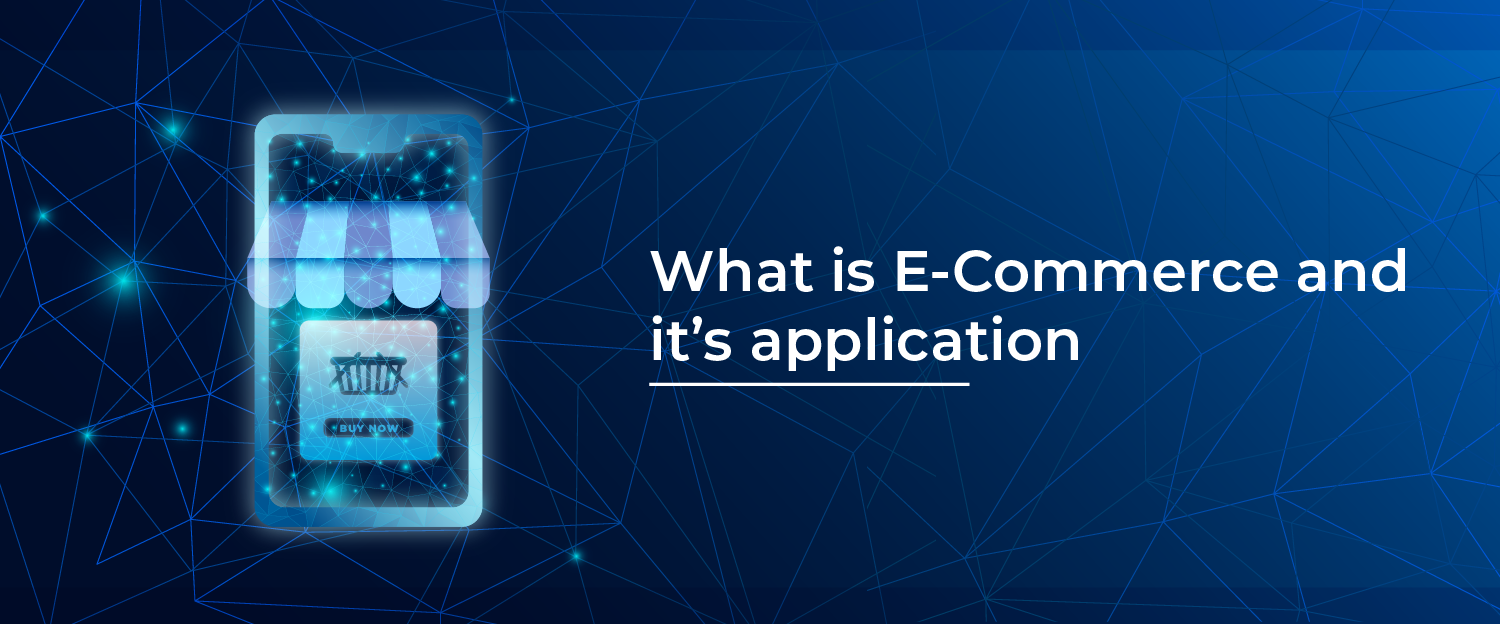Hey! Lets Talk about your project
We’ll contact you within a couple of hours to schedule a meeting to discuss your goals.
Boost E-Commerce Success: Mobile App Strategies Every Retailer Should Know
Posted on : 6 February, 2025
The growing demand for online shopping has tremendously increased the significance of e-commerce platforms, making it a win-win situation for both customers and business owners. Driven by cutting-edge technology, innovation, and diversities, the dynamic landscape of the e-commerce industry has been evolving faster than ever. As we approach the era of technology, it’s essential for businesses to implement effective strategies that not only take the business to the next level but also elevate their goodwill.
Technology is highly crucial for ensuring success in e-commerce, regardless of the business size. This blog details the expert-recommended and best e-commerce marketing strategies to up your game that can help businesses generate acquisitions via new and existing customers.
The Role of Mobile Apps in E-commerce Success
With the increase in mobile users, businesses through mobiles have tremendously increased, revealing the potential of sales in this niche. Mobile marketing tactics have simply changed the face of marketing over the last decade. By now, marketers around the world have truly recognised the role of mobile apps in e-commerce success. The 2024 reports indicate elevated levels of mobile ad spending, disclosing the true business transformation from offline to Online.
While consumer preferences for mobile channels continue to grow, the significance of mobile apps in this context will also continue. That’s why reputed businesses can’t afford to stay back from this new trend. Investing in Custom Mobile App Development can help businesses create tailored solutions that enhance user experience and drive higher engagement. An efficient mobile app can remarkably increase traffic, clicks, and opens, leading to business transactions. It can also create a feeling of loyalty within the customers as they keep on coming back for more purchases, ultimately making it a focal point to strengthen the existing customer relationships.

Powerful Mobile App Strategies for E-commerce Growth
Success in e-commerce requires adopting the right strategies. Some of the most effective tips for building an efficient mobile app are as follows;
Embrace digital transformation
Stay updated with the current technology to keep your business moving in the competitive market. Use appropriate tools to personalise shopping experiences and save time while making shopping easier for customers.
Use mobile-friendly web design
Mobile apps create a unique path for brands to enter the day-to-day lives of their clients. Not only does a download mean that the business secures a space on the users’ home screen, but it also opens a new communication channel via push notifications.
Leverage data-driven insights
Gather user data to understand the customers better. This can improve the conversion rate significantly. Businesses should keep track of the products that are purchased more and the least.
Enhance UX /UI Design
A mobile app should ensure easy navigation, promising an enjoyable experience to the users. It should categorise products into different sections and offer options to filter products based on the price and features while also including a search bar to help users find what they need quickly.
Incorporate sustainable practices
Displaying the commitment of the business to the environment is vital to attracting eco-conscious shoppers, leaving a long-lasting impression.
Offer subscription services
Attaching subscription options for popular products is a tricky move to create steady revenue for the business while also keeping the users engaged with the brand.
Use social media market
Make use of the social media platforms like Instagram, Facebook, and others to share product photos and customer reviews. It can leave an impact on potential buyers while making the product look more appealing to them.
Run targeted ad campaigns and email marketing
Ensuring the ad reaches the right audience is necessary to create conversions from the ads. This is where platforms like Facebook ads and Google ads take center stage.
Offer excellent customer service
Exceptional customer service always keeps customers coming back. This can be offered by ensuring fast replies to any form of communication that happens by chat, email or phone.
Use influencer partnerships
Collaborate with local influencers to promote new and existing products. This enhances the trust in the business as well as the product.
Rely on Location-based data
Marketing is not about one size fits all. It has to be customised as per the needs and interests of the target audience. A mobile app has to encourage users to turn on their location so that the organisation can collect more data about which store is located next to them so that they can share information regarding local events and deals.
Think local to attract customers
Aligning the thinking of the business runners with the customers is important to ensure a connection between the both which can eventually help e-commerce businesses run a promotional campaign by specifically targeting consumers. Such local approaches need to be taken to attract a wide range of customers.
Why is a Strategic Business Plan Essential?
Building trust and credibility
Consistent marketing activities often stay as a backbone of the business helping establish credibility with your audience. Keeping a strong online person while displaying client testimonials also helps position your firm as a trusted organisation.
Improving customer engagement
Customer engagement is one of the key marketing tactics to be followed to ensure that the business leaves a meaningful connection with its clients. Such engagements are also vital for retaining customers.
Driving Sales and Traffic
Implementing personalised marketing tactics often results in enhanced traffic, attracting new customers to the website. It also improves brand visibility subsequently increasing sales.
Building Brand Awareness
Engaging in online campaigns and social media interactions can create a sense of awareness about the products in the market. A consistent presence can eventually establish a strong identity in the competitive marketplace.
How Can Mobile Apps Elevate the User Experience?
A mobile app can improve the user experience to a great extent as far as it’s easy to use. That’s the bare minimum required by the users. In short, user convenience comes first. There is a reason a large sum of people are using mobile apps rather than websites to place orders. This signals that businesses have to respect the medium and offer what the potential buyers are looking for. In today’s technological age, personalised experience is of high priority and it’s becoming the norm. However, there is a limit for incorporating personalisation into mobile apps. It shouldn’t exceed the limit, nor should it creep out the users.
Additionally, good images and clear zoom can help customers learn about the product they are buying. Often consumers leave the cart just because they couldn’t access a clear picture of the product, urging them to drop it off instead of making a purchase. Last, but not least, it’s important to simplify the checkout process to ensure no user gets frustrated while buying something. It also helps eliminate any complications or confusion in the process. One of the key features adopted by most mobile apps is that they keep the vital buttons within the thumb range to encourage the customers to bring conversion.
Conclusion
Relying on mobile apps is one of the best existing ways to skyrocket any business. Business owners have to be intentional about app design to get the desired outcome. Get in touch with our experts at IPIX Technologies today to take further steps to build and design mobile apps that suit your business needs.





















 Talk to our Expert
Talk to our Expert
